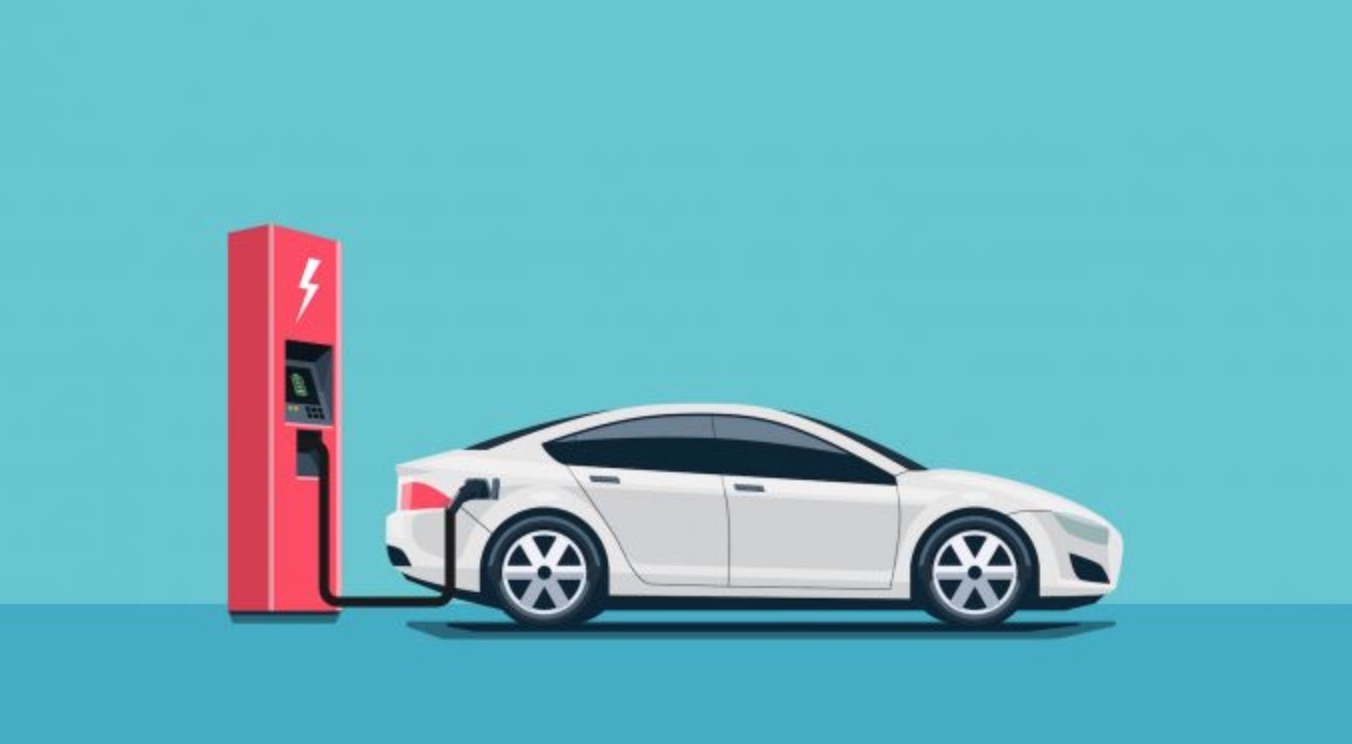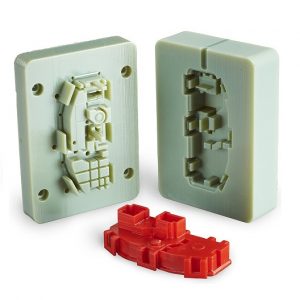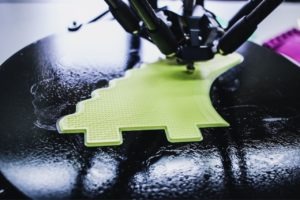For more than a century, the internal combustion engine was the only efficient way to operate a motor vehicle. Today, that’s no longer true. Advances in battery technology and innovations in engine design mean that there are now millions of electric cars on the roads. Demand only continues to grow, and many manufacturers have invested considerable time and effort into building supply chains capable of meeting that level of demand.
Plastic injection molding is an essential part of the supply chain and manufacturing process for electric car companies. While we generally associate cars with metal rather than plastic, automotive injection molding is a growing part of the industry. The rise of the electric vehicle sector has contributed substantially to this trend. While the exterior of a car remains primarily metal, car companies increasingly see the value in pivoting from metal to plastic for many kinds of internal components.
At Reliant Plastics, we stand proudly among the automotive plastic injection molding companies that regularly work with major electric vehicle manufacturers such as Ford, GM, and Tesla. Injection molding is a fundamental part of the production process for these businesses, providing components and sub-assemblies that keep the manufacturing line up and running. At Reliant, we assist in the design and production of top-quality injection molds for many critical supplies, including battery boxes, housings, internal components, and other parts. With our help, maintaining a robust pace of production is within reach.
The Benefits of Injection Molding for Electric Vehicles
Why is the right automobile molding support vital for electric vehicle manufacturers? With more advanced technology and the potential inherent in electric molding, more major players continue to turn to these solutions because of the significant benefits they bring to the table.
Here are just a few reasons electric car companies and their OEMs continue to make a big push toward the transition from metal to thermoplastic for many key components:
- Weight reductions. The most significant advantage of internal component injection molding for electric vehicle OEMs is also the simplest: weight savings. Metal parts always weigh more than plastic, and EV manufacturers can improve range and efficiency by reducing weight. That trade-off means that every pound matters for electric cars. Heavier electric vehicles require more energy to move, which means that they also drain their batteries more quickly.
A lower weight and, therefore, a longer range means more time between charge cycles and a better driving experience for the car owner. That means more than just more road trip capability — it improves the overall return on the buyer’s investment. In a regulatory environment where stricter limits and tighter demands on emissions and efficiency continue to loom large, hitting those targets by achieving effective weight reductions is an attractive possibility.
The automotive plastic injection mold makes it possible. Using plastic instead of metal enables electric car companies to explore many metal-to-plastic conversions that have the potential to reduce the weight of their vehicles by as much as 30 percent.
- Affordability. Light weighting projects produce savings in more than one way. Working with metal is an expensive and time-consuming process that demands costly tooling. That fact leads us to another key benefit of working with a plastic manufacturer for automotive thermoplastics. Electric injection molded plastic parts are almost universally cheaper to produce than their metal counterparts.
Investigating opportunities to trade out metal parts for plastic components is a simple way to reduce the overall cost of producing the car. In turn, this can improve margins or allow electric car companies to lower their prices. In a marketplace that’s becoming increasingly crowded with newcomers popping up left and right, competing on cost may soon be the best way to stand apart from the crowd.
- The right characteristics. Those who remain unsure about placing plastic-molded parts in vehicles may assume that lower costs aren’t always a good thing. Instead, they could see automobile molding as a path leading to cheaper designs or inferior performance. In a market that retains some “luxury” aspects even as it expands its base of consumers, concerns about good looks and reliable performance remain high. Some are even concerned that switching to plastic-based vehicle designs negatively impacts safety or durability.
The truth is very different. Quality thermoplastics, chosen carefully for the project’s needs, can offer high tensile strength, heat resistance, flexibility, impact resistance, and other positive attributes. These characteristics give plastic components a reliability comparable to that of metal and explains why more OEMs today use plastic for various applications, from battery housings to dashboard covers and even some external panels.
Affordable, lightweight, and versatile, plastic molding for the electric car industry is an excellent way to produce the ideal components with high precision and consistent quality. The right team to get your project across the finish line makes the difference.
Explore Our Automotive Injection Molding Capabilities
Ready to learn more? Reliant Plastics supports external and internal component injection molding projects with top-shelf service. As electric vehicles continue to carve out more market share in the automotive industry, manufacturers must get creative to stay ahead of the curve. Finding ways to reduce the weight and price of vehicles while increasing efficiency and range is hardly optional — it’s becoming essential.
As a plastic manufacturer with an extensive portfolio of injection molding capabilities, we can help your business discover the benefits of injection molding for electric vehicles. Want to explore a quote for your upcoming project? Contact us today to get started.




